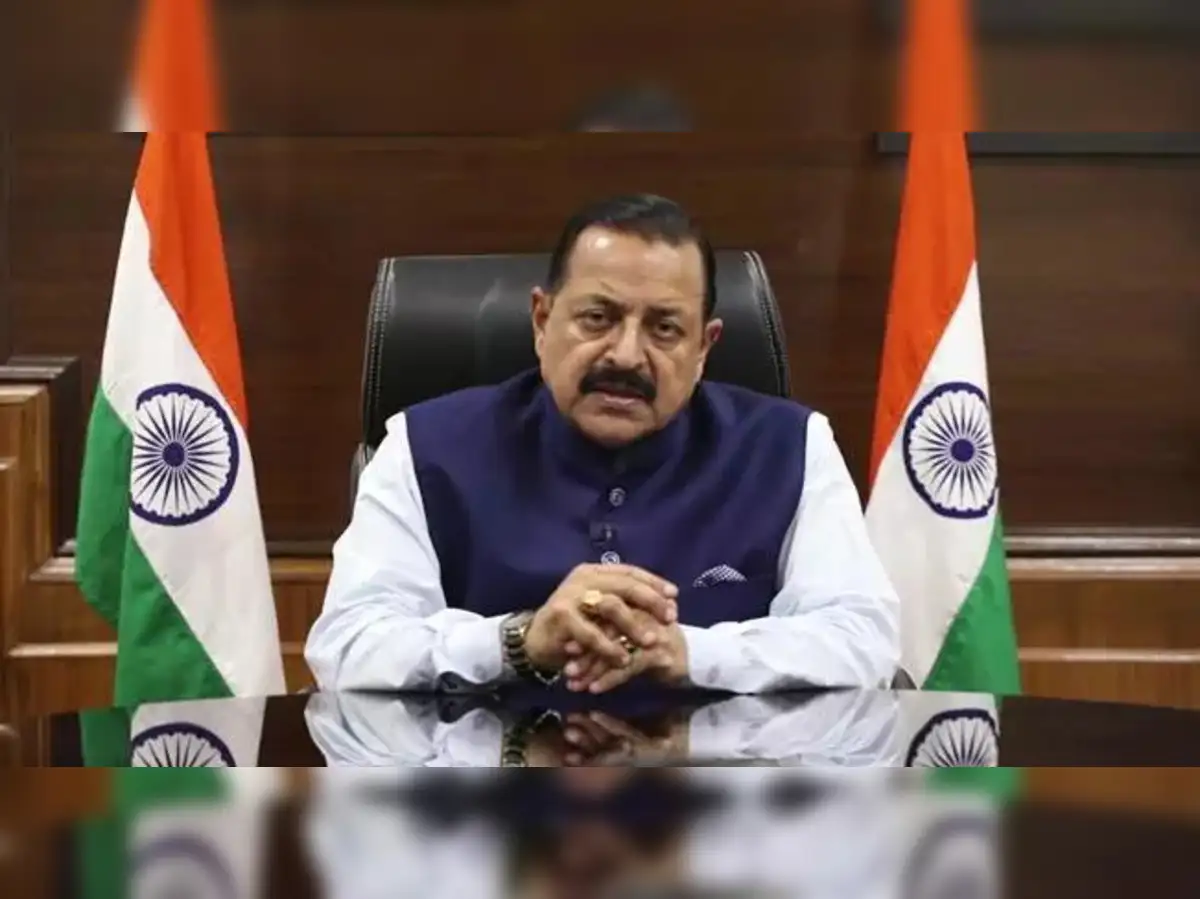Jitendra Singh Urges Private Sector R&D Funding

Union Science and Technology Minister Jitendra Singh has strongly advocated for increased involvement of the private sector in funding research initiatives across India. Speaking at the release of a NITI Aayog report titled 'Roadmap for Strengthening State S&T Councils', Minister Singh emphasized that the government, despite its efforts, has inherent limitations in fully funding all research endeavors and should primarily serve as a facilitator. He challenged the conventional mindset that views research funding as solely the responsibility of central or state governments, suggesting that a global perspective reveals most successful scientific ventures worldwide do not rely entirely on government support.
Singh highlighted the need to integrate the private sector as much as possible, citing the establishment of the Anusandhan National Research Foundation as a strategic move to provide high-level directions for research, innovation, and entrepreneurship in science. He reiterated that the government has broader responsibilities and cannot exclusively bear the financial burden of all research activities.
The NITI Aayog report revealed significant heterogeneity among State S&T Councils, despite their operation within a shared national model framework. These variations are evident in their governance models, funding structures, manpower capacities, and programmatic focus. While some states have successfully leveraged their S&T institutions to drive innovation and technology-led growth, others face considerable challenges. These include fragmented mandates, inconsistent funding flows, and weak institutional capacities, which impede their effectiveness.
Furthermore, the report pointed out that many councils suffer from issues such as non-regularized manpower, a lack of performance-linked incentives, and limited autonomy in decision-making, which collectively hinder long-term planning and execution. It identified several key issues that need to be addressed, including inadequate financial resources and diversification of funding, a lack of state-specific S&T need mapping, weak institutional substructures, limited collaboration with industry and academia, fragmented Research and Development (R&D) support, underutilization of Science, Technology, and Innovation (STI) data, insufficient recognition of scientific talent, and weak interlinkages with central agencies and other institutions. To enhance the effectiveness and responsiveness of these councils, the report recommended a comprehensive blend of structural reforms, robust capacity-building efforts, and strategic partnerships.
You may also like...
Diddy's Legal Troubles & Racketeering Trial

Music mogul Sean 'Diddy' Combs was acquitted of sex trafficking and racketeering charges but convicted on transportation...
Thomas Partey Faces Rape & Sexual Assault Charges

Former Arsenal midfielder Thomas Partey has been formally charged with multiple counts of rape and sexual assault by UK ...
Nigeria Universities Changes Admission Policies

JAMB has clarified its admission policies, rectifying a student's status, reiterating the necessity of its Central Admis...
Ghana's Economic Reforms & Gold Sector Initiatives

Ghana is undertaking a comprehensive economic overhaul with President John Dramani Mahama's 24-Hour Economy and Accelera...
WAFCON 2024 African Women's Football Tournament

The 2024 Women's Africa Cup of Nations opened with thrilling matches, seeing Nigeria's Super Falcons secure a dominant 3...
Emergence & Dynamics of Nigeria's ADC Coalition

A new opposition coalition, led by the African Democratic Congress (ADC), is emerging to challenge President Bola Ahmed ...
Demise of Olubadan of Ibadanland
Oba Owolabi Olakulehin, the 43rd Olubadan of Ibadanland, has died at 90, concluding a life of distinguished service in t...
Death of Nigerian Goalkeeping Legend Peter Rufai

Nigerian football mourns the death of legendary Super Eagles goalkeeper Peter Rufai, who passed away at 61. Known as 'Do...


